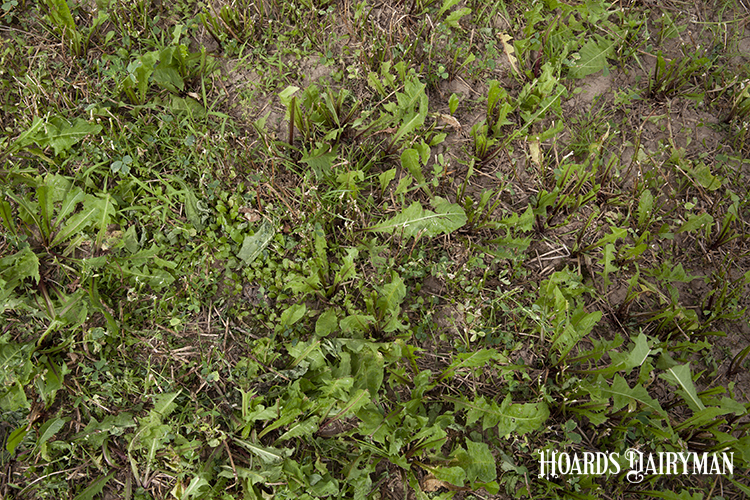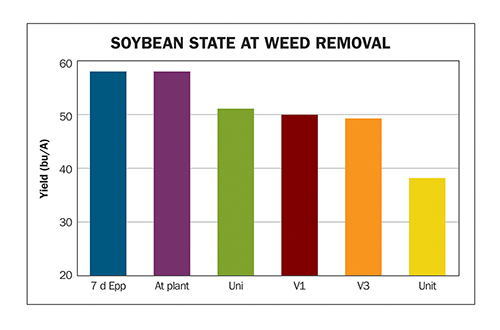
With herbicide shortages mounting for the 2022 growing season, some growers may be looking for ways to reduce product needs. Before making too many cuts early on, though, consider the impact these decisions may have later in the summer.
During a Michigan State University Field Crops Virtual Breakfast, Weed Extension Specialist Christy Sprague reminded the audience that early season weed control is important for many reasons.
First of all, winter annual weeds can interfere with planting and tillage operations. She said those weeds can also compete with germinating seeds for moisture, light, and nutrients. In addition, they can physically interfere with crop emergence.
“The winter annuals can harbor some destructive insects,” Sprague continued, noting that they can also serve as hosts for soybean cyst nematodes.
“If we don’t get good early season weed control, it definitely makes those weeds a lot harder to control,” Sprague added. She said we see that with weeds such as mare’s tail and common lamb’s quarter.
“Most importantly, if we are not controlling weeds early in the season, we will see a lot of early season weed competition,” she stated.
She shared a slide of research her team did several years ago showing what happens to a soybean crop when there isn’t good early season weed control. They looked at the yield differences when weeds were removed from soybeans before planting, seven days before planting, at planting, or at various stages of growth.
When weeds were not removed until the unifoliate stage, there was nearly a 7 bushel per acre loss in yield (see figure). That number became even more substantial the longer weed control was postponed. “If we keep delaying weed control, we can see more yield loss,” she emphasized.

These losses are even more profound when prices are elevated, as they are now. Sprague noted that with a current price around $16 per bushel, a yield reduction of 6.7 bushels costs $107.20 an acre. There are measurable economic losses at stake when weeds interfere with growth.
“It’s really important to make sure we have good early season weed control,” advised Sprague.
Ideally, crops would be planted into a clean, weed-free seedbed. Sprague noted that there are going to be challenges with this growing season, though. The biggest one is likely supply chain issues causing herbicide shortages, including two that are used commonly: glyphosate and glufosinate.
Her first piece of advice was to keep the channels of communication open with retailers to know what products are available and when. She also encouraged growers to consider alternatives to common herbicides for minimizing weeds. Learn more about these alternative options in the Field Crops Virtual Breakfast episode, “Early season weed control.”








